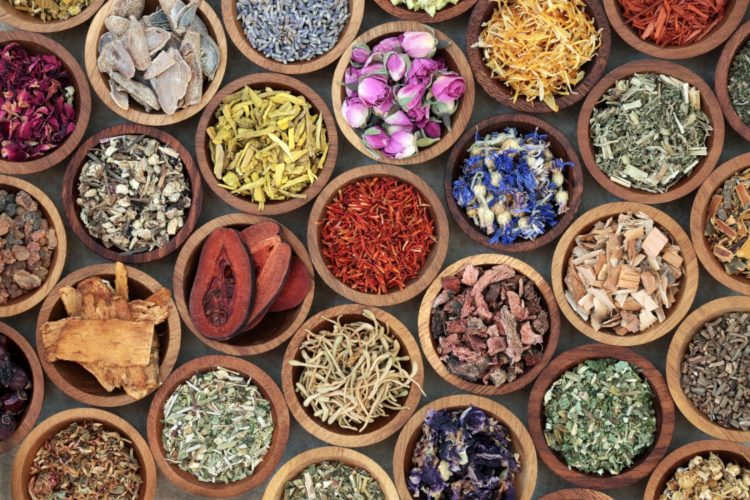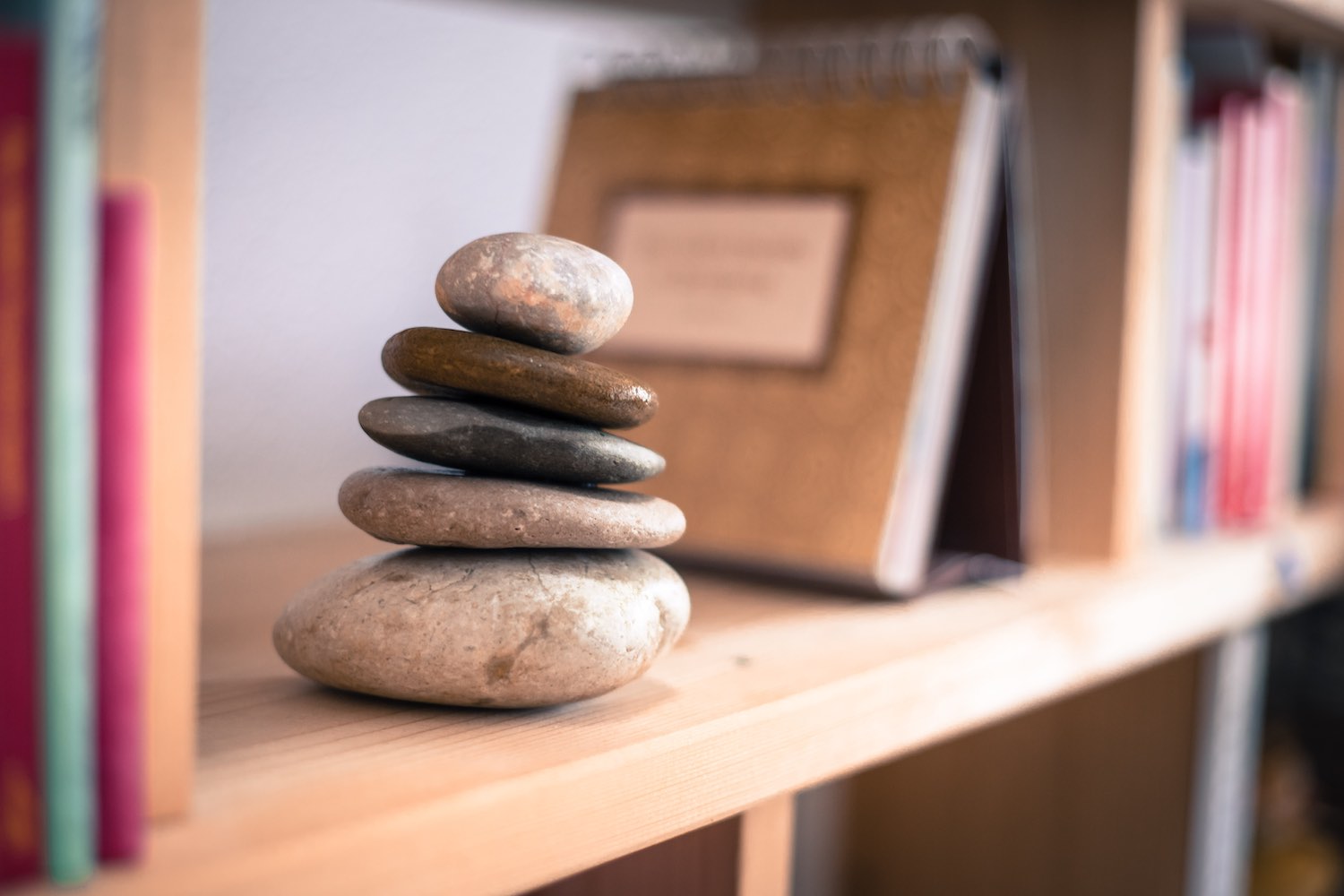Traveling can present us with so many exciting elements, one of which is being outside of our physical and emotional comfort zone. While invigorating, being outside that zone can also present physiological health challenges. There are holistic and allopathic ways one can aim to support the body’s health during travel so that the experience of being in a new, exciting climate and culture gets the lion’s share of the attention.
High-Altitude Support
Traveling to high altitudes puts physiological demand on the body. Any time we are 5000+-feet above sea level, the body needs to acclimatize over a few days (or weeks) by producing more red blood cells to counteract lower oxygen saturation in the blood.
Here are some simple ways to support acclimatization: rest, sleep, lower physical activity, internally-increase hydration (drink more water), eliminate alcohol, eat carbohydrate-rich foods, and take supplements to support high-altitude acclimatization. Additionally, medical doctors can often provide prescription medication (such as Diamox) for those who are prone to altitude sickness.
There are plenty of nutritional supplements that can be supportive to the physiology that will assist in travel and altitude adjustment in a natural way. With the following, supporting the body for 30 to 60 days before and during your travel is recommended:
- Adaptogenic herbs that help the body adapt to physical or physiological stress:
- Rhodiola rosea, a flowering herb that grows in high altitude, helps prevent altitude sickness, and helps with breathing while exercising or hiking.
- Ashwagandha
- Siberian ginseng, panax notoginseng, and American ginseng
- Reishi mushroom
- Increasing essential antioxidants help the cardiovascular system, supporting optimum health:
- Vitamin C
- Chlorophyll in a liquid form (for instance, ChlorOxygen) is readily absorbable.
- Ginkgo biloba (used for memory and cardiovascular health) is useful in altitude adaptation.
In my opinion, the best way to take herbal medicine is in combination. Here are some of my personal favorites:
- Altigen (natural high-altitude relief)
- Gaia Herbs HPA Axis
- Kan Herb Company Reishi Forte or PermaForte
Gastrointestinal Support
One major cause of concern is traveler’s diarrhea; including bacterial, viral, or protozoa pathogens due to consuming food or water that is not purified to the same standards as in one’s home country. According to the CDC, the risk can never be completely eliminated, but there are ways to reduce it. One is through cautious food and beverage selection: utilizing bottled water for all drinking, cooking, and hygiene; only consuming cooked foods and avoiding anything raw, including fruits and salads; and diligently washing and sanitizing hands, especially before eating. Another way to support the gastrointestinal system during travel is with natural herbs and supplements:
- Pre-Travel Probiotics: Probiotics, for instance lactobacillus GG and saccharomyces boulardii, can be used during and before travel. Before travel, support with a quality home full spectrum probiotic, such as:
- Klaire Labs Ther-Biotic Complete, containing 4 lactobacillus and 3 bifidobacterium.
- Designs for Health Probiotic Supreme or Synergy (available dairy free or with dairy).
- Real-Time Probiotics: During travel, access to probiotics can be limited because most require refrigeration. This one is shelf-stable:
- Designs for Health FloraMyces, containing saccharomyces boulardii.
- Real-Time Herbs: Herbal remedies utilizing single herbs or herbal combinations can also be helpful in providing support to the body’s ability to respond to and repel gastrointestinal distress:
- Traveler’s Comfort Mu Xiang Bing Lang Wan, a combination of twenty-one herbs that work together to support healthy digestive, gastrointestinal, and bowel function, as well as alleviate occasional discomfort from prospective exposure to unknown foods. It can be taken daily during travel.
- Biogenesis Nutraceuticals Parabiotic Plus, a combination of herbal extracts supportive of intestinal and immune system functions.
What To Do If You’re Sick During Your Trip
First, make sure to tell someone on your trip, perhaps your roommate or trip leaders. Open communication is very important as things can change quickly. One hour, it might be a little GI distress, the next you’re stuck in a predicament, so it’s best if someone is aware of the situation and possibilities.
You may be familiar with taking loperamide (Imodium), which will slow the movement of the gut, decreasing the watery stool. While this may be useful if dehydration is strong or when travel (for instance on a bus) is necessary, utilizing this carries a risk because the body is actively trying to eliminate a toxin, and taking loperamide will keep the pathogen in the body longer. An alternative is taking activated charcoal, which will more gently bind stools while removing suspended toxins. Huang Lian Su is also useful after exposure to pathogens as the teapills will decrease the duration of discomfort. Additionally, continue taking other gastrointestinal support (i.e. aforementioned probiotics and herbs), unless all intake is unpalatable, and drinking lots of fluids for hydration.
Immunity Support
During travel, be extra diligent about the immune system as long flights and time changes can have an impact on our circadian rhythms, which, in turn, has an impact on whole body wellness: digestion, temperature, sleep, and hormones. The best way to increase immunity is through rest and sleep, so do your best to make time on your trip. Eliminate stimulants (such as caffeine) that can compromise adaptation to natural cycles. Other helpful remedies include:
- Vitamin C is helpful for acclimatization. Using a liquid, lypo-spheric form is highly absorbable and gets into the bloodstream.
- Elderberry
- Echinacea
- Vitamin D
- Zinc
- Immune-supporting mushrooms, such as cordyceps, shiitake, maitake, and reishi
- Probiotics (as discussed above in the gastrointestinal support section) will also support immunity because about 75 percent of immune tissue is located in the digestive tract.
- Designs for Health Immunitone Plus is a combination of many of the immune-supporting compounds and can be used before and during travel to support normal, natural killer cells and balance immune-released cytokines in the body.
(Disclaimer: it may be useful to have a one-on-one consultation with an herbalist to determine which supplements or vitamins will be most aligned for your unique care. For all supplements, your medical provider should approve and dose all herbs. All of the information here, while written by a licensed healthcare professional, is for reference purposes only and not intended to substitute personalized medical advice from a medical professional. These statements are not evaluated by the FDA and are not intended to diagnose, treat, cure, or prevent any condition or disease. Please contact your healthcare provider before beginning any course of treatment.)

















3 replies on “How To Stay Healthy While Traveling”
Great, detailed information !
[…] Article of the Week | Video of the Week […]
Thanks Bridget!